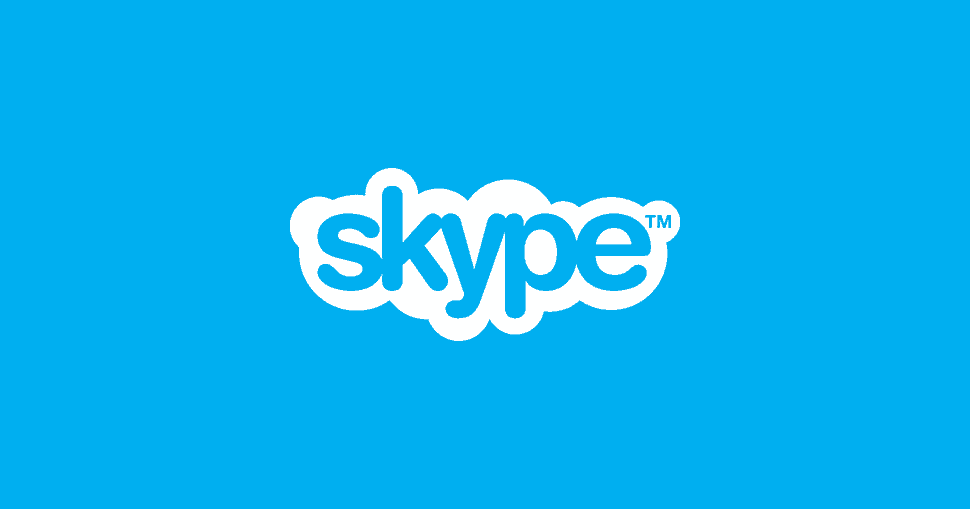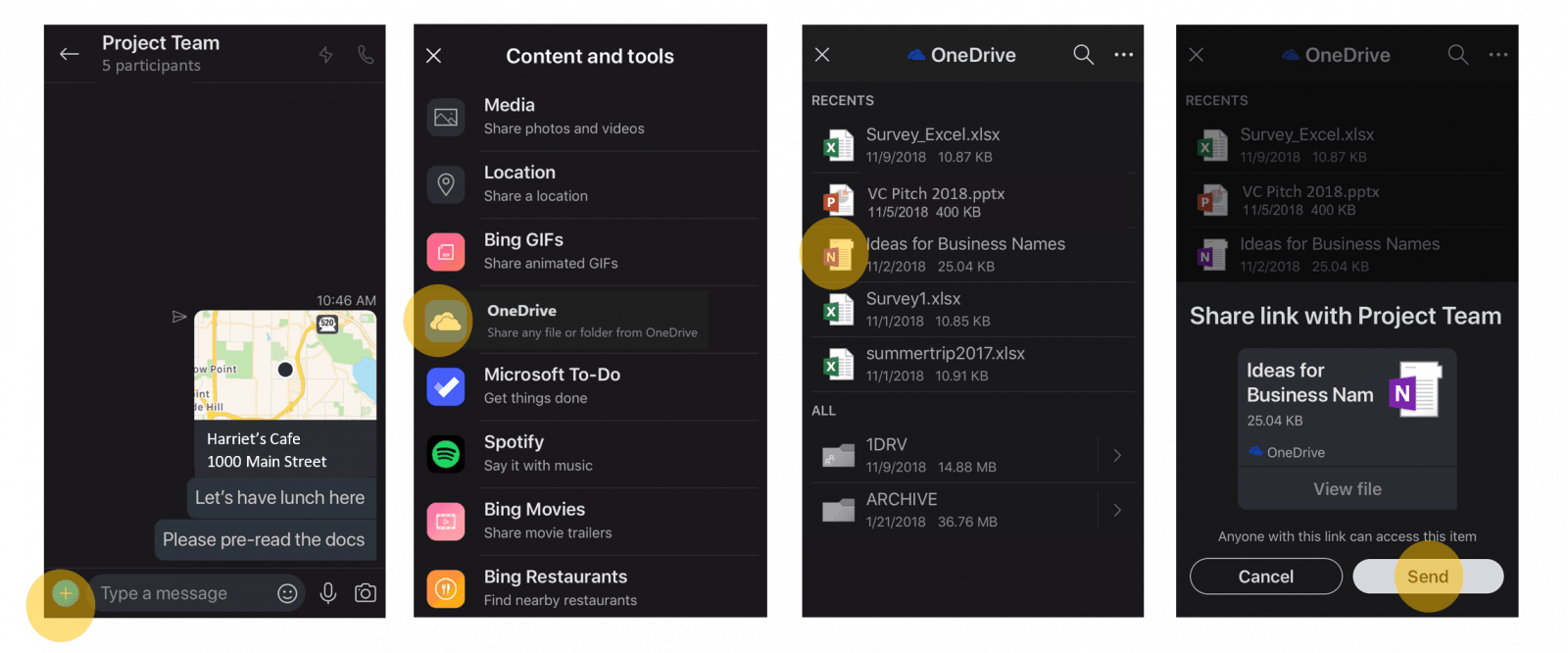As of today, Microsoft Skype supports the sharing of files stored on the OneDrive cloud platform. Microsoft's new addition offers a simpler distribution of files directly from the cloud.
The Microsoft press release states:
Available in all markets, languages and platforms, the latest version of Skype now also supports OneDrive, enabling you to quickly browse, search and share archives από τα προσωπικά σας αρχεία στο OneDrive σε συζητήσεις του Skype. Με αυτήν την ενσωμάτωση, η κοινή χρήση εγγράφων του Office, PDF ή οποιουδήποτε από τους 300+ τύπους αρχείων που υποστηρίζει το OneDrive είναι πολύ εύκολη και γίνεται με μερικά click.
Adding OneDrive support will help you share files with a group. Your friends will be able to view or edit your files, which you can share with all the contacts you have on Skype.
The new feature first appeared in Skype for Insiders in version 8.35.76.30 released on November 20, 2018. But as of today it is available for everyone through the updated app in the Store. 
The updated application is available on all platforms: Windows 10 PC, iPhone, iPad, Android, Mac and Linux Web.
To use the new feature and share files via OneDrive to your Skype contacts:
- Open the window with the contact you want to share the file with.
- Click the + button at the bottom of it window to open the Content & Tools menu. From there select OneDrive.
- Select the file or folder you want to share from your OneDrive chat and click Send
According to Microsoft, you can only share files with those who have the new version of Skype installed, otherwise the OneDrive Web application will be used to preview the shared file.
______________________
- Internet: Is decentralization possible? What does the blockchain do?
- Windows 10 monitors Disabled Activity History
- Microsoft Azure DevOps new bug bounty program
- VLC download videos online & convert them as you wish






